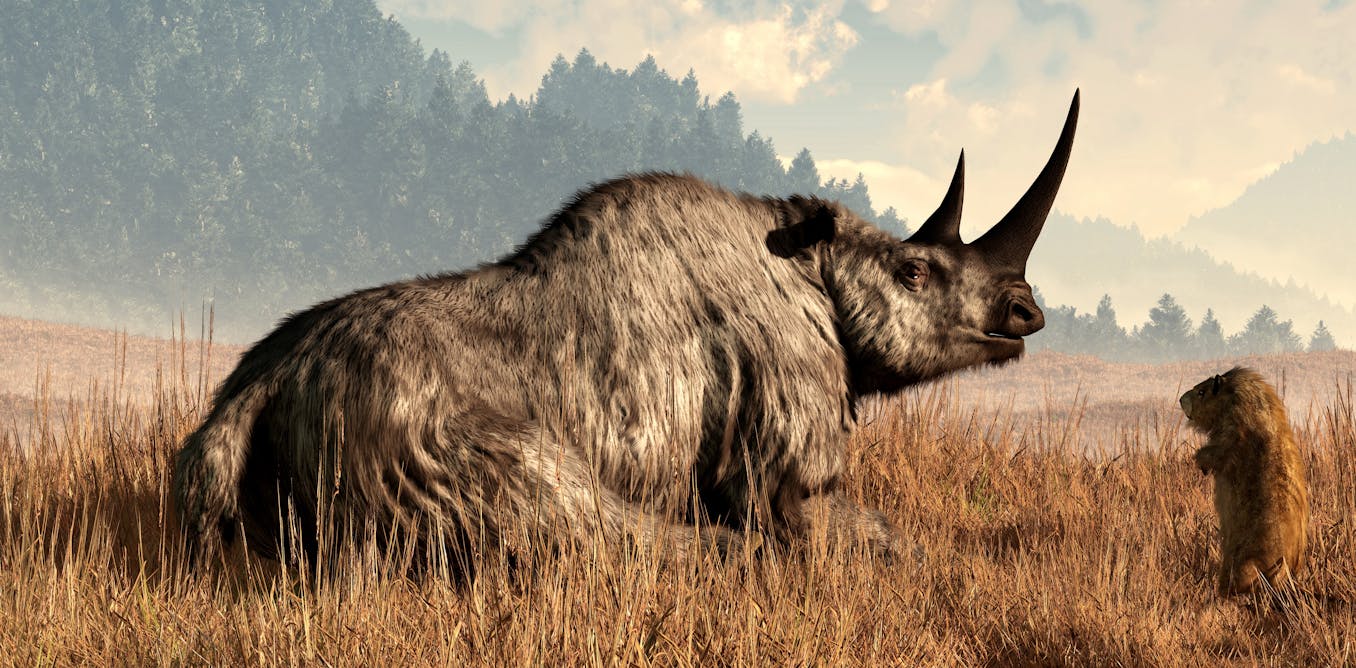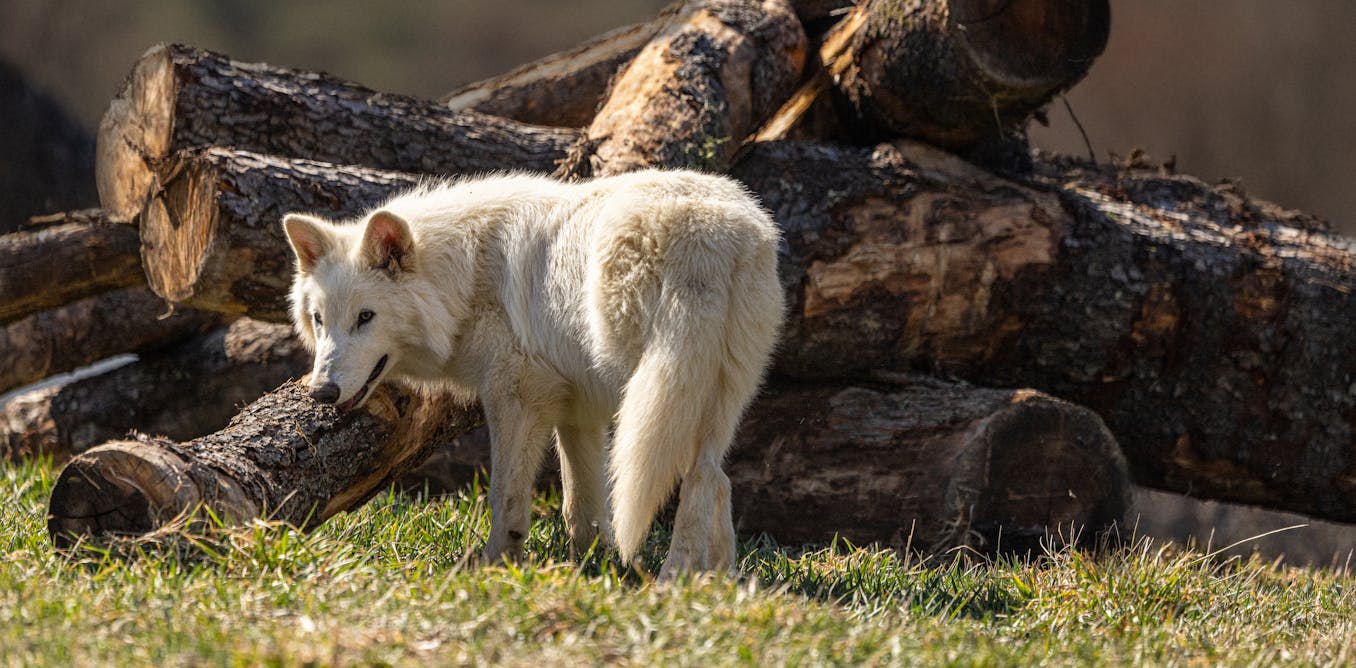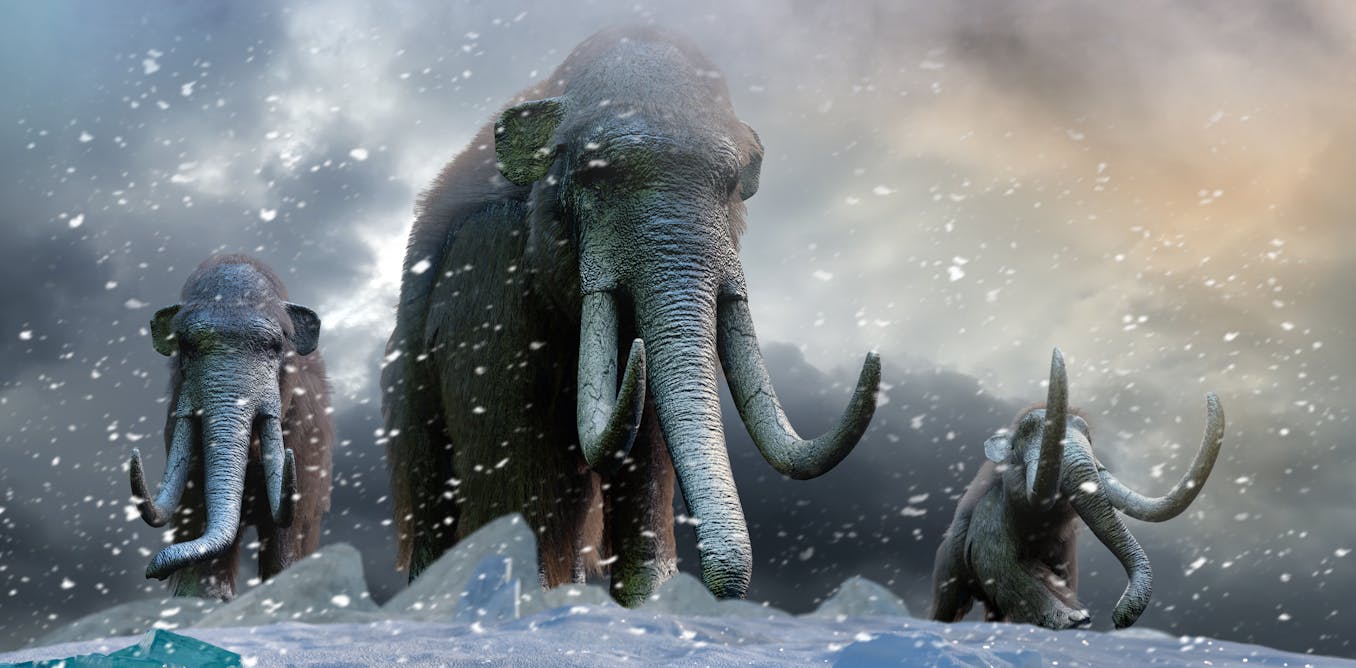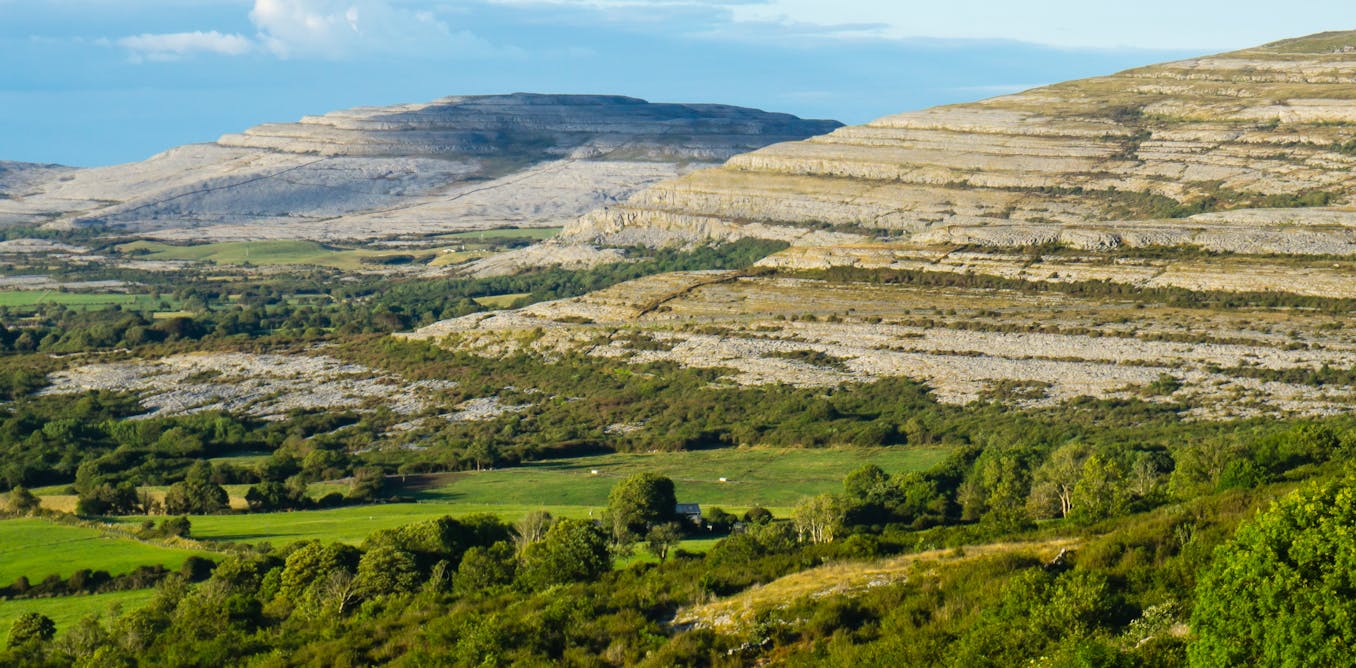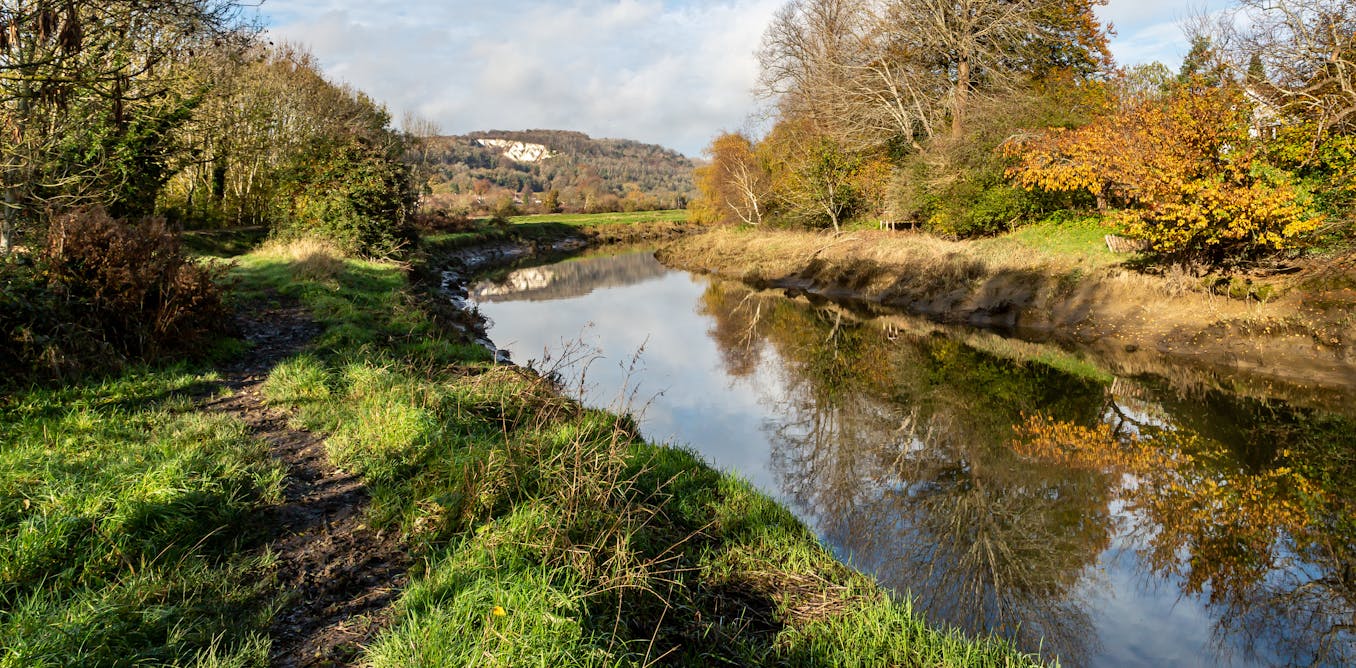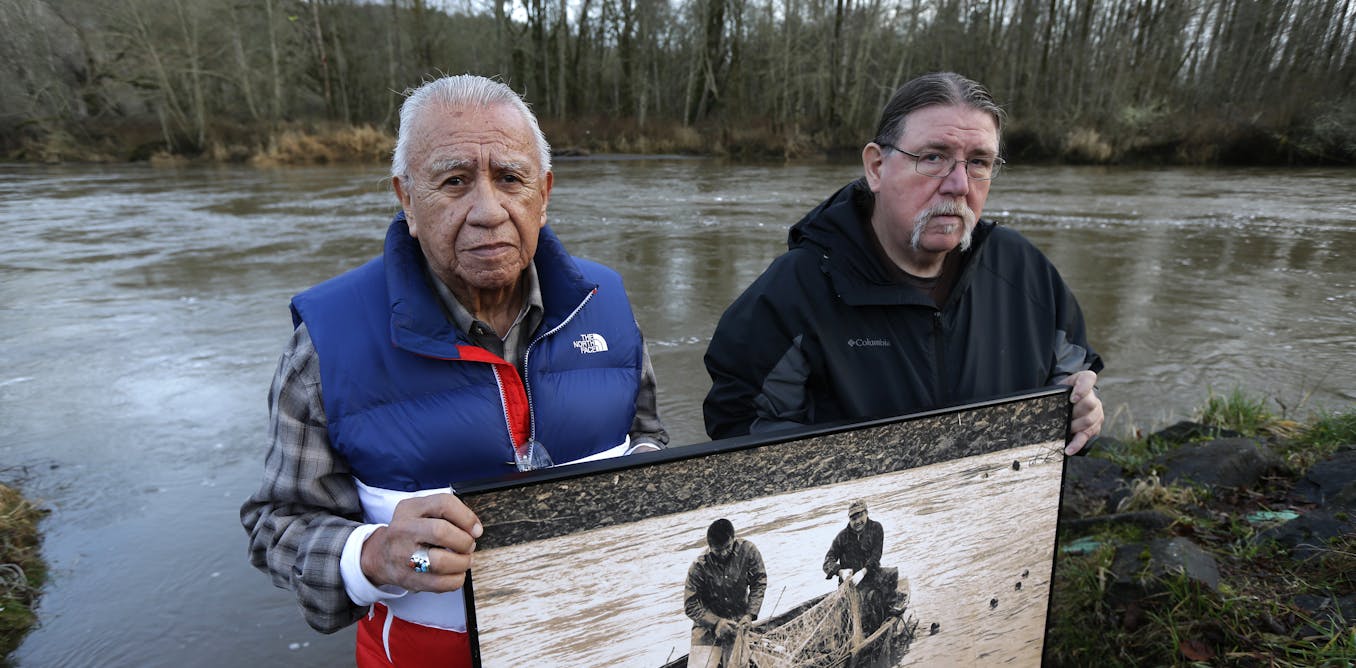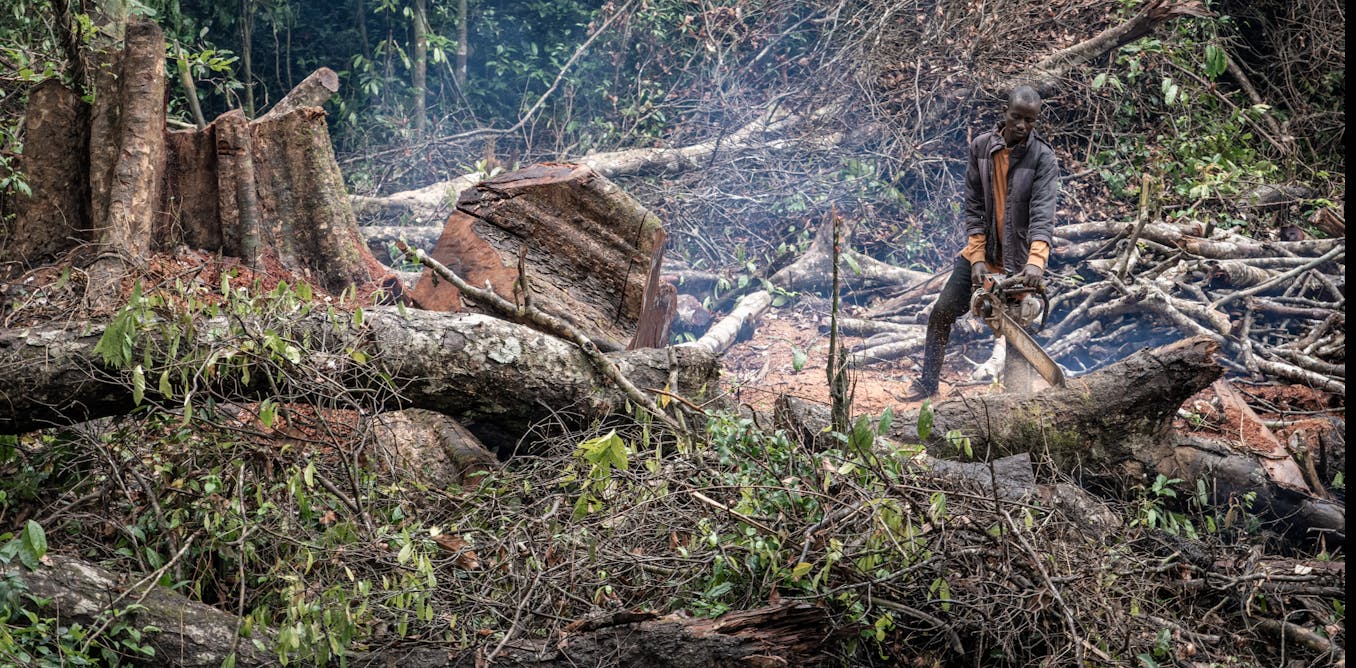If we must bring back extinct species, let’s focus on the giant herbivores
Many huge animals went extinct surprisingly recently. When they died, their ecological role was lost with them.
April 15, 2025 • ~7 min
Why ‘de-extinct’ dire wolves are a Trojan horse to hide humanity’s destruction of nature
Extinction is, for the time being, forever – and a symptom of our global economic system.
April 14, 2025 • ~8 min
When farmers and scientists collaborate, biodiversity and agriculture can thrive – here’s how
Farmers can take ownership of nature recovery actions and scientific expertise can adapt to local knowledge in the design of environmental outcomes.
April 1, 2025 • ~8 min
Rivers are increasingly being given legal rights. Now they need people who will defend these rights in court
Let’s train an army of nature protectors to speak for nature itself – not for what it can provide for humans.
March 28, 2025 • ~8 min
As federal environmental priorities shift, sovereign Native American nations have their own plans
Tribal governance takes a long view based in Native peoples’ deep history with these lands.
March 28, 2025 • ~11 min
Ecological disruptions are a risk to national security
Overfishing, disease and environmental crimes cause social and political instability, economic strife and strained international relations.
March 27, 2025 • ~9 min
Atlantic sturgeon were fished almost to extinction − ancient DNA reveals how Chesapeake Bay population changed over centuries
Research that combined archaeology, history and ecology provides a nuanced understanding of the past that could help conservationists better plan for the future.
March 20, 2025 • ~11 min
/
81


